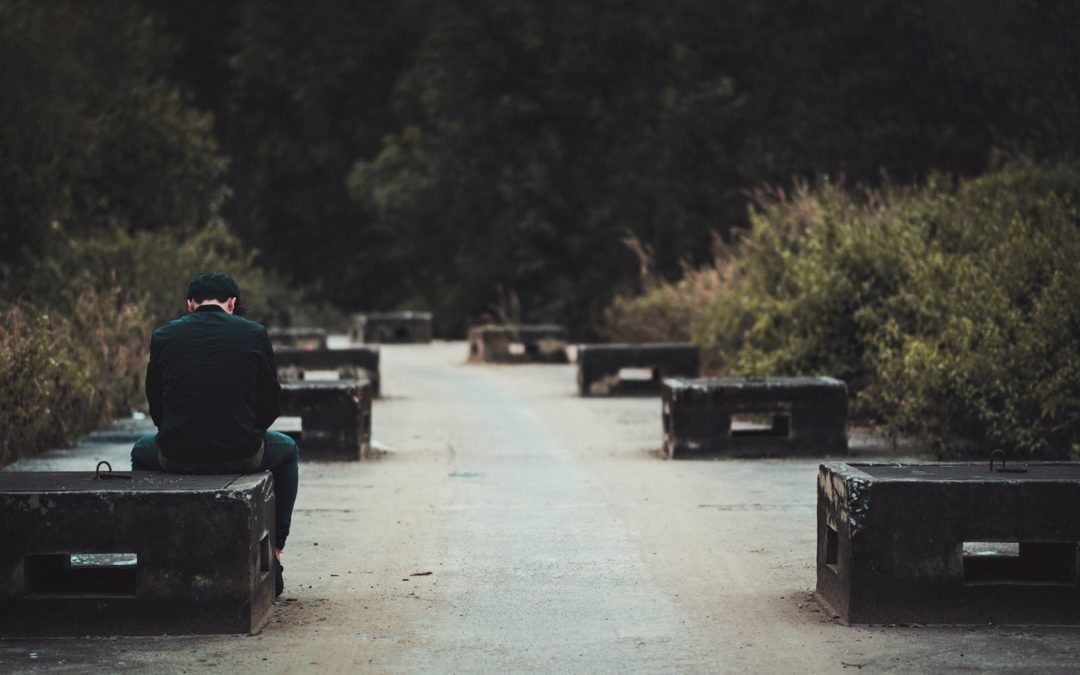When people face a loss, whether it is a family member or a friend, they experience pain, anger and fear. It is normal; however, when these feelings worsen and the person does not look for help to dissipate them, physical signs that affect health may appear.
A person who faces the death of a loved one also suffers anxiety. When it goes deep it can transform into a headache, chest pain, difficulty to sleep, lack of appetite, weakness or difficulty to breathing.
These physical signs represent an alteration of the patient’s health. If he does not receive timely assistance he may collapse and require urgent hospitalization.
It is important that people who have lost a loved one keep surrounded by relatives and very close friends, who could bring care and accompany them in order to avoid collapse.
Friends should encourage them to eat well and find a way to feel happy despite the pain caused by death. To achieve this, they can do things together like just take a walk, enjoy a conversation in the open air or eat a favorite dish.
Distracting is essential because it can help not to remain anchored in sad moments prior to death or related to the funeral. These are inevitable moments, but in any case each one may decide if he attends all the commitments that involve the death of a person or selects in which he wishes to participate.
Untreated fear of death can transform into a phobia to the event itself or to everything related to it, such as a funeral home, the cemetery, dark clothing wore during the services, flowers and coffins, among others.
Likewise, when anxiety, fear or sadness do not dissipate in a period of six months on average, it is necessary to look for professional help to avoid physical alterations.

